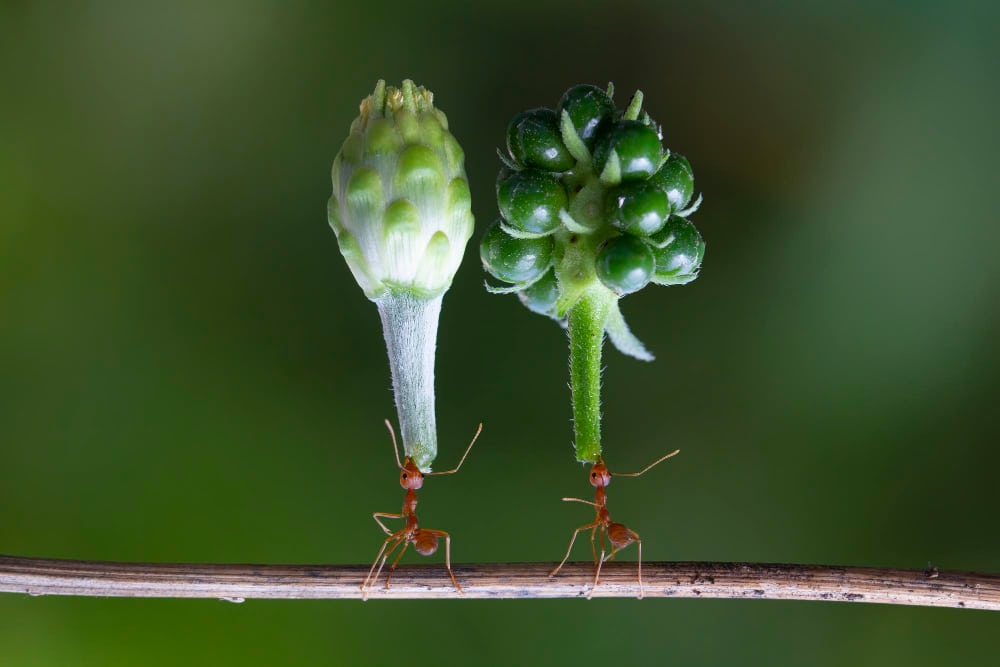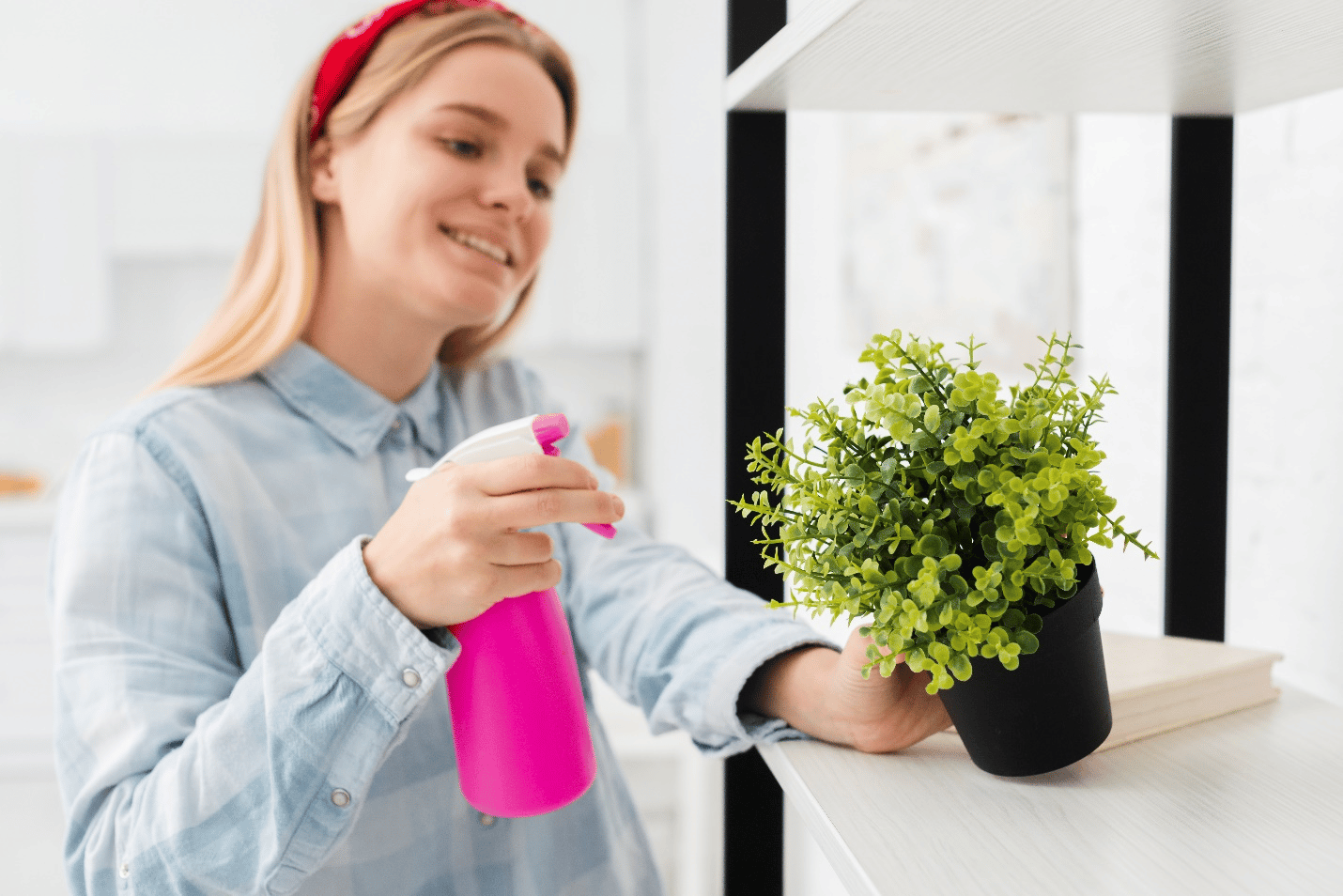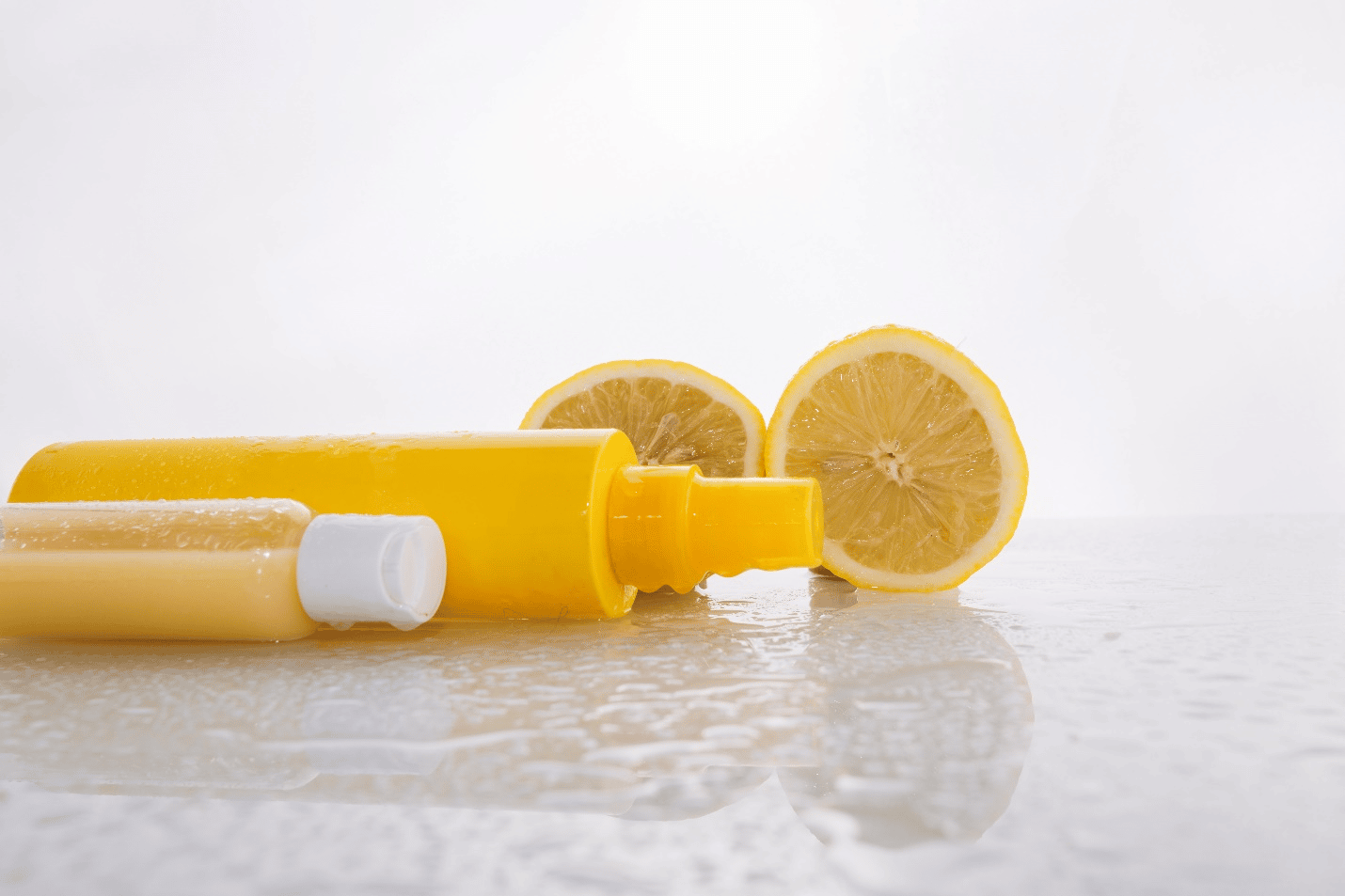

If you don’t know how to get rid of ants in potted plants, this article will share with you several natural remedies. The best part? They will not kill your potted plant and are safe around pets and humans. But why do ants’ nest in your potted plants? Here are some of the reasons.
Contrary to popular belief, ants do not nest in potted plants to eat or destroy them. However, there are several reasons why ants will invade your potted plant. Let’s look at them.
Potted plants provide ants with a safe place to rest and do their business. It is especially the case with plants perched off the ground. The ants are safe from predators and other elements. Potted plants also provide shelter, especially in bad weather. The leaves of the plant can offer protection from rain and sun rays.
Besides, since the roots of the plant are anchored in place, they provide a hiding place from floods or other natural calamities. Also, potted plants are warmer than the ground, making them an ideal spot during cold weather. Likewise, they provide much-needed relief during hot days.
Ants are attracted to potted plants since they provide a source of tasty food. It is because they provide sugar-rich fruits or honeydew secretions, which ants enjoy feeding on. Organic waste in the potting soil is another attraction aspect. The organic matter is rich in nutrients which ants use to raise their young ones.
Besides, ants are an indication of underlying problems such as pest infestation. For example, ants like feeding on mealybugs and aphids. To prevent ants from nesting in potted plants, ensure to get rid of aphids and mealybugs. In addition, you can remove flowers, buds, and mature fruits to reduce their numbers.
Like other organisms, ants like growing their young ones in suitable habitats and potting soil is a perfect spot. The soil is loose and easy to dig and offers ample warmth. The warmth helps to incubate the ant eggs.
Another reason why ants love potted plants is that the soil becomes hydrophobic. Hydrophobic soil stays dry because the water does not run into the soil. When you water the plant, the water collects at the top and drains quickly. It, therefore, offers the ants an ideal spot to create an ant colony.
Potted plants produce a strong scent that is attractive to ants. The potting mix can also have such a smell due to its organic material composition.
They use the scent to protect themselves from predators since it can mask their smell. Besides, the potted plant scent can attract more ants, facilitating the creation of a large ant colony.

You can use baking powder, sugar, and oil to eradicate the ants. Baking powder harms ants since it tends to interfere with their digestive system. Eventually, the ant will explode, leading to ultimate death. You should spread the mixture at all common entry points for optimal results.
Vinegar is yet another effective natural method to get rid of ants. Mix equal amounts of vinegar and water. You can use apple cider or white vinegar. Next, spray the mixture on the ant hills and other areas where they tend to populate.
You can also spray on common entry points, such as crevices near the potted plant. The vinegar’s strong scent repels the ants, keeping the potted plant ants free.
You can also use various essential oils to get rid of ants. Cinnamon oil, lemongrass oil, and citronella oil are the most effective. Peppermint is also a recommendation. Mix a few drops of the essential oil with water and spray it around the planter. The strong scent will help repel the ants. You can dip a cloth or a cotton ball in the mixture and place it near the ant trail.
If the ant colony is large, you can consider soaking the soil. The water will drown the existing ants and discourage others from nesting in it. To get rid of the ants, fill a large container with water and place the infected planter in the container for at least half an hour before draining it. Repeat the process daily until all the ants are gone.
Ensure to buy natural bait since inorganic baits harm humans and pets. To eradicate the ants, place the bait where they can access it. Its scent and sugary taste will force them to carry it in their nest. Unfortunately, the chemical compound will eradicate the entire colony once they feed on it. Natural ant baits are safe around humans and pets and are, in fact, one of the best ways to get rid of ants.

Lemon juice is one of the most effective and cost-effective ways to eliminate ants. Spray it on the ant hills and common entry areas. The citrusy scent will deter them from accessing the potted plant. Besides, the scent masks the natural scent they use to follow their trail.
Using diatomaceous earth powder can also help keep ants off your potted plant. It is a compound made of the fossilized remains of algae. It works by interfering with the ant’s exoskeleton. Ideally, it cuts through the exoskeleton, dehydrates, then kills the insect. Sprinkle the powder around the base of the pant and on the ant hills.
Replacing the soil is arguably the easiest way to get rid of ants. And the process is straightforward. Just replace the old potting mix with the new one. Also, ensure to clean the pot thoroughly. It will help remove any trails or nests that may be in the old soil. The new soil will also discourage other ants from nesting. Ensure to observe proper disposal so that the ants may not return.
Now that you know how to get rid of ants, let’s see how you can prevent them from nesting in potted plants.
One of the chief problems with ants in potted plants is that they destroy a plant’s root system. They tend to build their nest around them for added protection. It can cause the plant to suffer from stunted growth or wither away.
Ants feed on the honeydew that pests such as whiteflies and aphids produce. As such, they will ensure a robust supply of the sweet product by farming such pests. As a result, they will protect them against their natural predators, such as hoverflies and ladybirds.
As the number of aphids and whiteflies grows, they will suck the sap out of the potted plant, causing a deficiency in nutrients. Eventually, your potted plant could die.
Ants tend to attack insects that feed on pests. It is not uncommon for them to attack pollinators such as bees and pest predators such as ladybirds. As such, you must get rid of the ants before they cause more damage.
As you can see, ants can be a nuisance if not controlled. They can cause your potted plant to suffer from stunted growth or die. Now that you know how to get rid of ants in potted plants, you can protect your plants from ultimate death.
Citrus oil in lemon and orange is harmful to ants but not to your plant. Essential oils do not harm the plant too.
Well, it indicates your plants are infested with honeydew, excreting pests such as aphids and whiteflies. As such, ants will protect the pests producing the sugary substance, hence the overcrowding.
No, ants do not eat the roots of a plant. However, they can cause damage since they excavate the soil around them. It makes the roots susceptible to pests, diseases and drying out.
